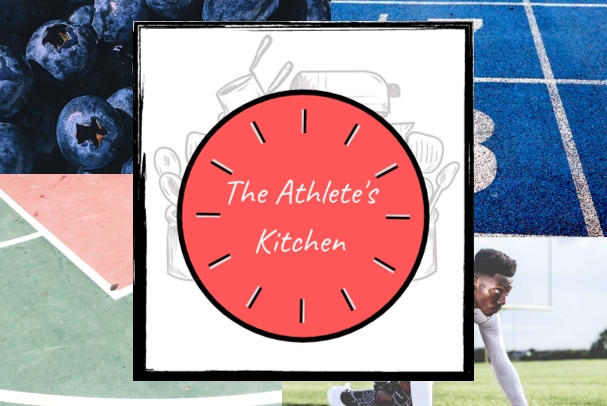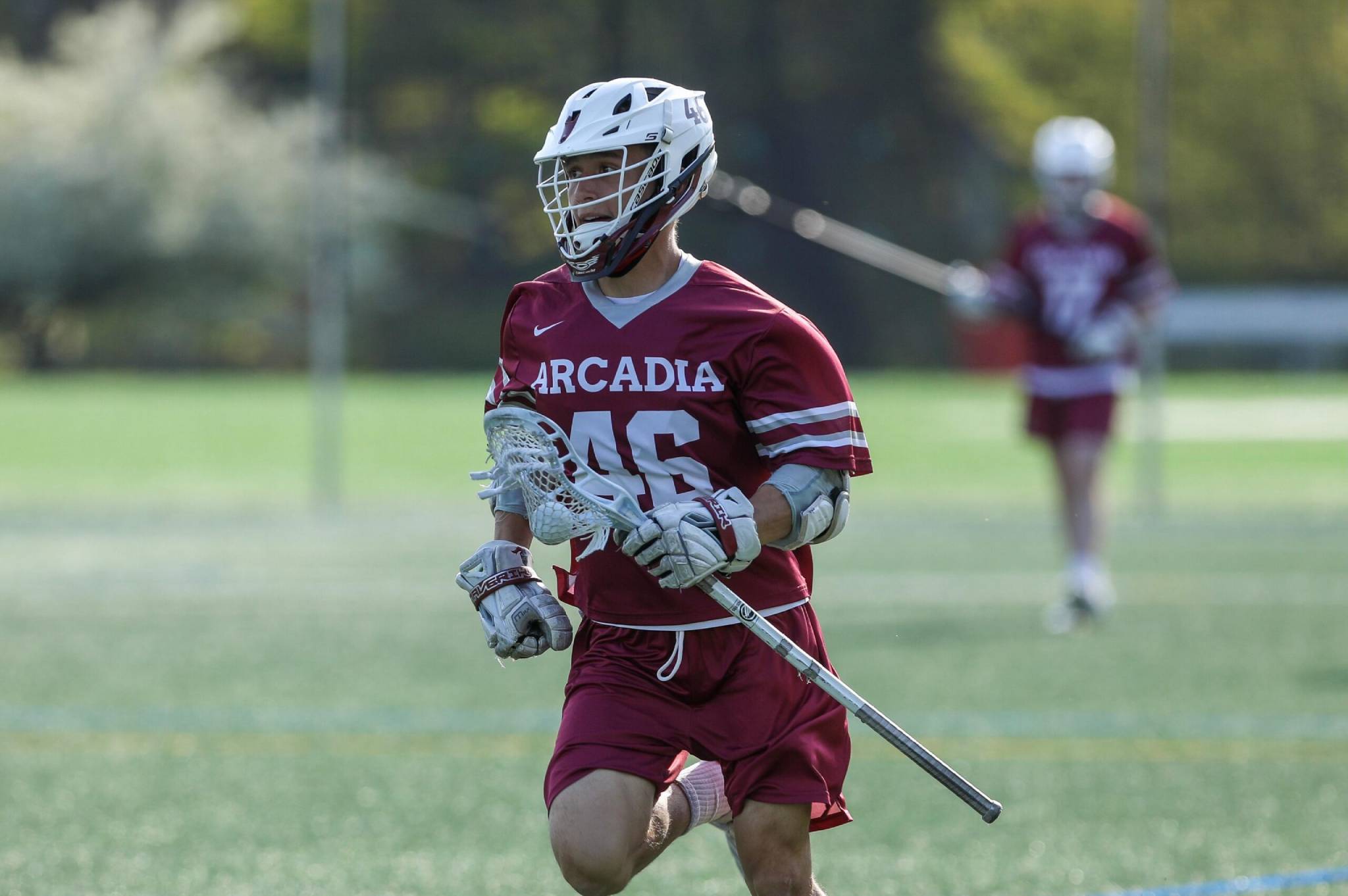One of the many attractions of the Honors Program at Arcadia is the diversity and uniqueness of the classes. Classes such as TEDx Arcadia—a course that brings in speakers who are experts in their fields to campus and encourages students to perform their own speeches for the Arcadia community—aim to create a learning experience that is interactive and inspires creativity and leadership. Other Honors courses, such as Craftivism and Hidden Symbols, are just the surface of what our program has to offer.
One of the classes that every Honors student has to take is called the Honors Project. The Honors Project is almost like your thesis/Capstone for the program. The objective of the class is to create and conduct a project in any field of interest outside of your major. When I say any interest, I mean any! People have focused on pottery, Dungeons and Dragons, and even developing new courses.
For my project, I teamed up with another student to create a cookbook for athletes called “The Athlete’s Kitchen.” Since my partner and I are members of the soccer and lacrosse teams, respectively, we understood how hard it is for some athletes to cook a meal that is within budget, tastes great, and provides all the nutrients needed to stay healthy on the field. We wanted to create a project that benefits athletes and the entire Arcadia community.

The process of creating an Honors project is time-consuming and lengthy. After determining a unique concept, you must reach out to a professional in your field of choice. For my project, we worked with Arcadia’s director of Nutrition, Lisa Kavijan. With our mentor, we created three target objectives ranging from easily achievable to the most desired goal. Our achievable goals included creating at least six meals with in-depth nutritional background, an explanation of why and when you should eat that meal, as well as an approximate cost of the meal. We also set a minimum goal of creating an Instagram and tracking our progress. We used an Instagram account to post announcements and some of our recipes such as protein snacks, a healthy Fettucine sauce, and even enchiladas. Our highest goal was to create a printed book with 20 recipes, pictures, and a cover. This goal seemed almost unachievable when we started, but my partner and I were determined to get there.
Though it was difficult to find new recipes every week that met all of our requirements, we managed to reach our ultimate goal of creating an actual cookbook.
– Patrick Ensmenger

Though it was difficult to find new recipes every week that met all of our requirements, we managed to reach our ultimate goal of creating an actual cookbook. One of the hardest things to do during this process was to design and structure the book. Being a Biology major—with most of my papers being formal and analytical—I had to move out of my comfort zone and develop a colorful and user-friendly book.
One of the things I am most proud of is that the Athletic department and other individuals have used our book. Knowing that a project I spent months working on is being used practically and advantageously is more rewarding than actually completing the book. This experience and the result are what make Honors classes so valuable, and why I am so excited to take a new Honors course every semester.



